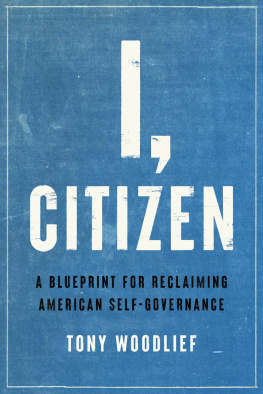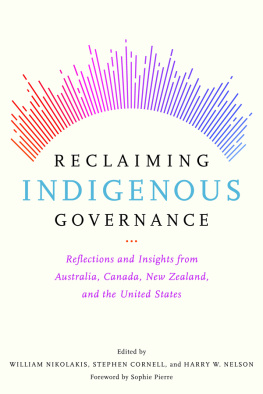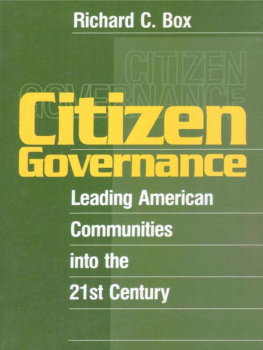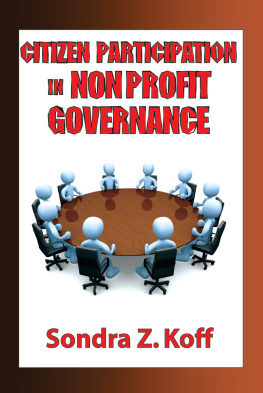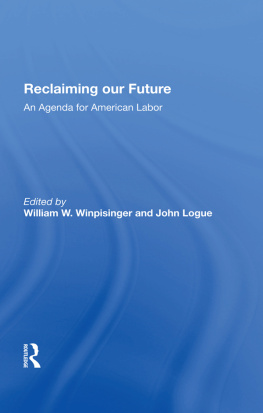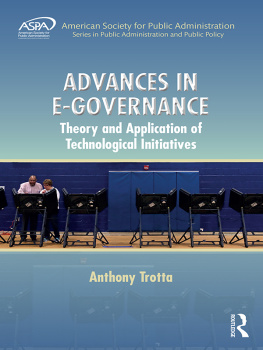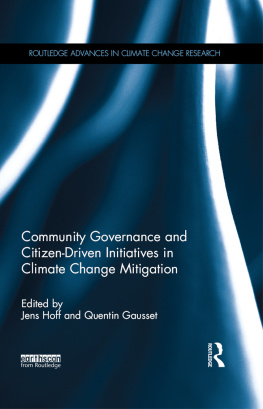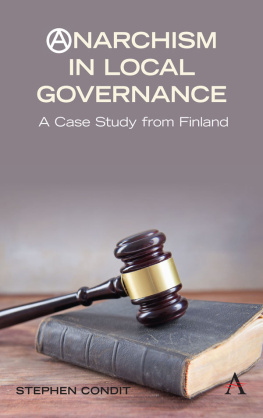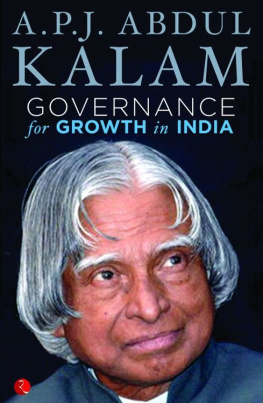2021 by Tony Woodlief
All rights reserved. No part of this publication may be reproduced, stored in a retrieval system, or transmitted, in any form or by any means, electronic, mechanical, photocopying, recording, or otherwise, without the prior written permission of Encounter Books, 900 Broadway, Suite 601, New York, New York, 10003.
First American edition published in 2021 by Encounter Books, an activity of Encounter for Culture and Education, Inc., a nonprofit, tax-exempt corporation.
Encounter Books website address: www.encounterbooks.com
Manufactured in the United States and printed on acid-free paper. The paper used in this publication meets the minimum requirements of ANSI/NISO Z39.481992 (R 1997) (Permanence of Paper).
FIRST AMERICAN EDITION
LIBRARY OF CONGRESS CATALOGING-IN-PUBLICATION DATA IS AVAILABLE
LC record available at https://lccn.loc.gov/2021004437
LC ebook record available at https://lccn.loc.gov/2021004438
1 2 3 4 5 6 7 8 9 20 21
DEDICATION
For my mother, a lifelong nurse. And for the others in my family who work with their hands and heads and backs as pipefitters, mechanics, welders, waiters, carpenters, drywallers, technicians, and painters. For my grandfather who drove a bread truck, and my other grandfather who cleaned banks. For my grandmothers who fed us from their gardens. For my aunt who took us in when we had no home. For the men before and after me who served in the United States Navy, the Army Rangers, and the Marine Corps. Together youand millions like youmake this country work; you protect it, you still salute its flag. To the people ruling from Washington, DC, you are the forgotten, the expendables, an abstraction. But you will always be my people. Lacking your skills and fortitude, I had to resort to writing, but I hope I do you proud.
If you peruse the references at the end of this book, you will find that many of them are academic. I want to give readers confidence that whats contained herein is more than a pocketful of breezy impressions from political blogs and news magazines. I leave that sort of impressionism to cable TV political commentators and your unmarried aunt who went to Wellesley and has many firm opinions which she inflicts on her end of the table at Thanksgiving.
The endnotes, meanwhile, are headed by page numbers so you can find whether some source I cite, or some peculiar claim I make, has a corresponding anchor in the world of verifiable fact. I apologize if the endnotes are cumbersome, but being neither a postmodernist nor a journalist for the New Yorker, I have no recourse but to try and substantiate my claims. Endnotes referencing a specific book or article dont contain all that sources information, just the authors last name, the title, and the year it was published. That way, readers who want to confirm that the title is related to what I say the source is about, or that the publication date doesnt render it obsolete, can do so without having to flip back and forth between the main text, the endnotes, and the references section.
Books are complicated, arent they?
THE RIGHT TO REMAIN SILENT, BUT NOT THE ABILITY
Port St. Lucie, FL, 1977
The first time I read the US Constitution, I was nine years old. I did not read it by choice. This particular copy was a worn little booklet that my mother had angrily thrust into my hands. Mama was an oncology nurse, not a legal scholar, but she always had a heart for the downtrodden and a concomitant fury at bullies. The occasion for her anger that day was my compliance with what she viewed to be unconstitutional questioning by an agent of the state.
Thats how she characterized it, but in fairness I should note that this agent of the state was an animal control officer. I had narrowly beaten him in a race to snatch hold of my dog Chrissy (I got her on Christmas Day) who had once again released herself on her own recognizance from our back yard. When I knelt with my arms wrapped around Chrissys chest to keep the animal control officer from dragging her away, he whipped out a clipboard and started firing questions at me. What was my name? Where did I live? What were my parents names?
I dutifully answered, because he was a uniformed adult holding what appeared to be an official clipboard. His interrogation was cut short, however, by my redheaded mother, who advanced on him with a barrage of righteous speechifying that made Clarence Darrow look like a mime. Chrissy and I stood behind Mama as her invective drove the agent of the state back into his truck and out of our subdivision. I never saw him on our streets again. I have never been sprung from wrongful imprisonment by an attorney, but I imagine it feels something like that.
I was pretty well satisfied with how things were sorting themselves out until my mother whirled around and laid into me. You had no business answering that mans questions! Dont you ever tell someone whatever he wants to know just because he works for the government!
Most of Mamas lecture, which lasted across the street, through our back yard, and into our kitchen, is lost to memory. I can faintly remember phrases that struck me as peculiar at the time, but which became familiar as I grew up around that woman, like agent of the state, and fascists, and a host of more colorful phraseology that respect for her memory precludes me from sharing here.
At the conclusion of her jeremiad, Mama yanked open a kitchen drawer, pulled out that booklet, and shoved it into my hands. Here! she said. Go to your room and dont come out until youve read the whole thing.
Most kids I knew got punished for cussing or skipping school, and their punishments were grounding, or getting whipped with a belt. My mother locked me in the room with the US Constitution because Id sung like a canary to an agent of the state. This, Ive come to realize, explains a great many subsequent happenings in my life, up to and including the book you now hold in your hands.
Whenever you find yourself on the side of the majority, Mark Twain wrote in his own booklet, it is time to reform. Twain moderated that view a bit, adding parenthetically: or pause and reflect. Mama was not always one to pause and reflect, but she did teach me a healthy skepticism of officials, experts, and people who otherwise consider themselves to be Big Deals. Such a posture is practically a hate crime these days, but there once was a time when conservative-libertarian-socialist anti-Establishment Constitution-wielding mothers were recognized as legitimate heirs of American pragmatism.
Mama also taught me to be, like her patron saint Mark Twain, skeptical of any belief that people demand I embraceespecially when the people doing the demanding occupied positions of authority. Its a mindset that served me well in school, certainly not in terms of grades and the adoration of teachers, but by making the tedium tolerable. I acquired the habit of reflexively challenging claims that smelled more like dogma than fact, and faithfully emulated my mother by resisting directions to do, say, or believe anything just because someone in authority said so.
I was insufferablejust ask the teachers who had to read my novella-length screeds against Abraham Lincoln and Franklin Roosevelt, penned solely because our textbooks went a little too far, to my prematurely jaundiced eye, in praising famous men. I had to learn the hard way that history is replete with people far smarter and wiser than me, and so the findings of scholars and the traditions of communities are often rooted deep and well. Just because a majority says its going to rain, in other words, doesnt mean you ought to leave your umbrella at home. Some things are true even if the


